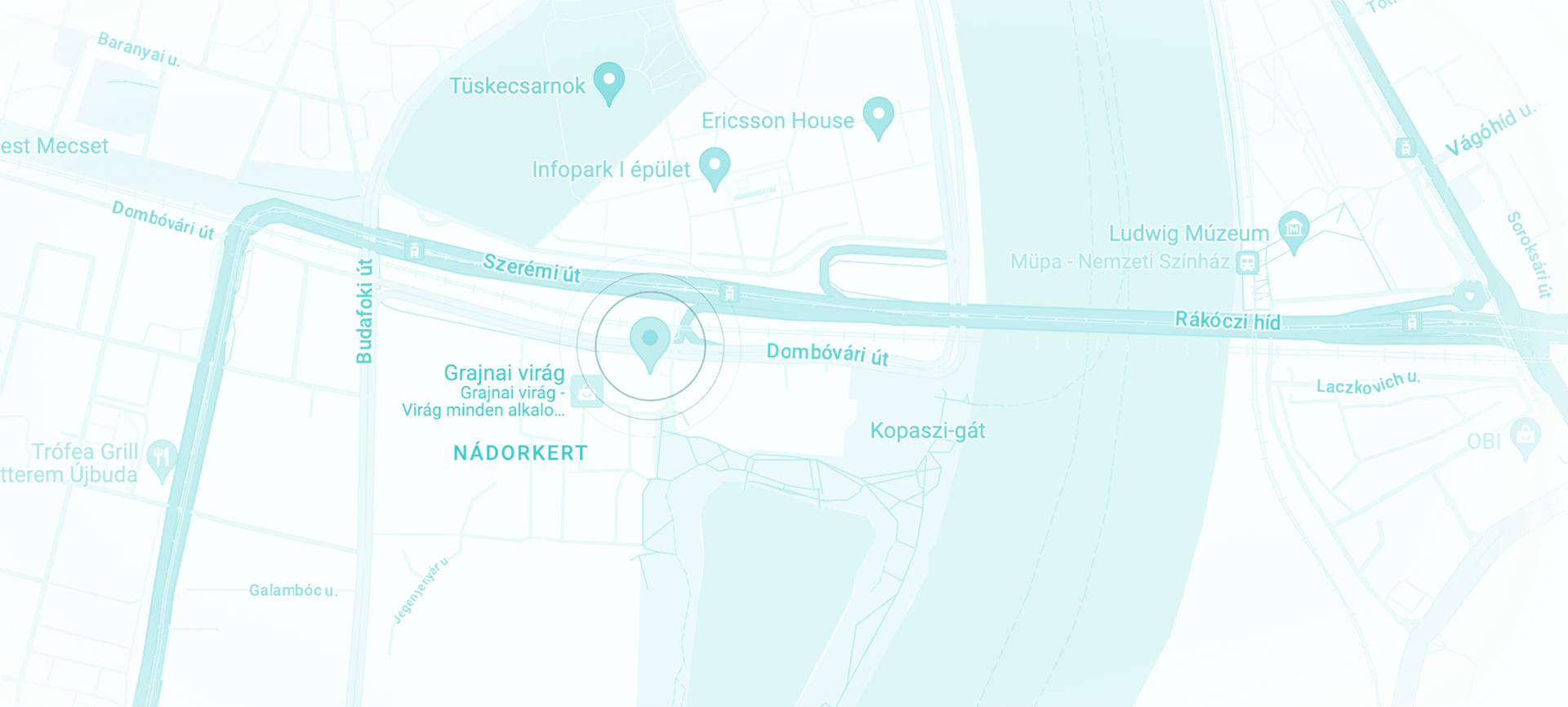
Bank holidays in Hungary
All Sundays are holidays in Hungary, when most people have a day off. In addition, there are a number of other bank holidays in Hungary when shops and offices are closed, and most people are not required to work.
All Sundays are holidays in Hungary, when most people have a day off. In addition, there are a number of other bank holidays in Hungary when shops and offices are closed, and most people are not required to work.
Welcoming the new year
The first bank holiday is the very first day of the year, the 1st of January, also called New Year’s Day. The night before, on New Year’s Eve, or Szilveszter in Hungarian, most people party, drink champagne and shoot fireworks. New Year’s Day is usually quiet, with some people attending mass or a classical concert – or tending their hang-over.
Revolutions
There are two bank holidays in Hungary marking famous revolutions. The 15th of March commemorates the uprising of 1848-49 against the Habsburg rule. On the 23rd of October, we remember the revolution of 1956 against communist oppression. These two days mostly see solemn celebratory gatherings, as well as some political demonstrations, in the center of Budapest.
Labor Day
The 1st of May is Labor Day, also laced with some peaceful political protests. With spring being in full swing, most people take to parks to have picnics, with some districts setting up a funfair for the kids.
Celebrating the harvest
The 20th of August commemorates the first king of Hungary, St. Stephen. He converted the nation to Christianity in the 11th century and forged the first Hungarian state. This day also sees the people celebrating the end of the harvest. The first bread made from newly harvested grain is of particular significance. In recent years, a competition for the “cake of the country” has been started. The winning cake is available in most confectionary shops for a few weeks around the 20th of August. Each year, thousands of people gather in downtown Budapest on the banks of the Danube to watch the celebratory fireworks.
There are also some Christian-inspired holidays in Hungary, read about them here.
Want to learn about bank holidays in 2026? Click here!
Contact
Contact us today
Monday - Friday
9am - 5pm CET
Helpers Hungary Kft
Budapart Gate
Dombóvári út 27
Budapest 1117, Hungary
If you’re visiting us, please use entrance A and come to the 2nd floor.






